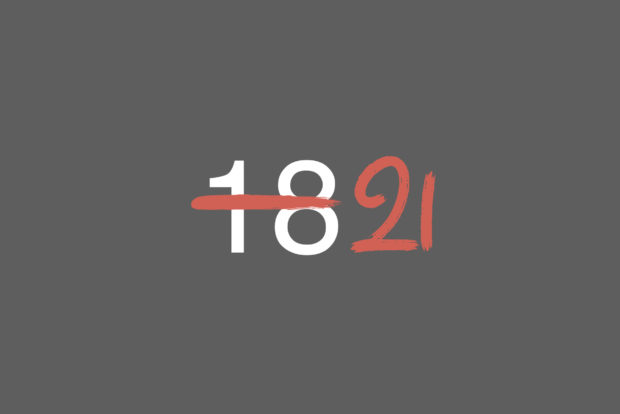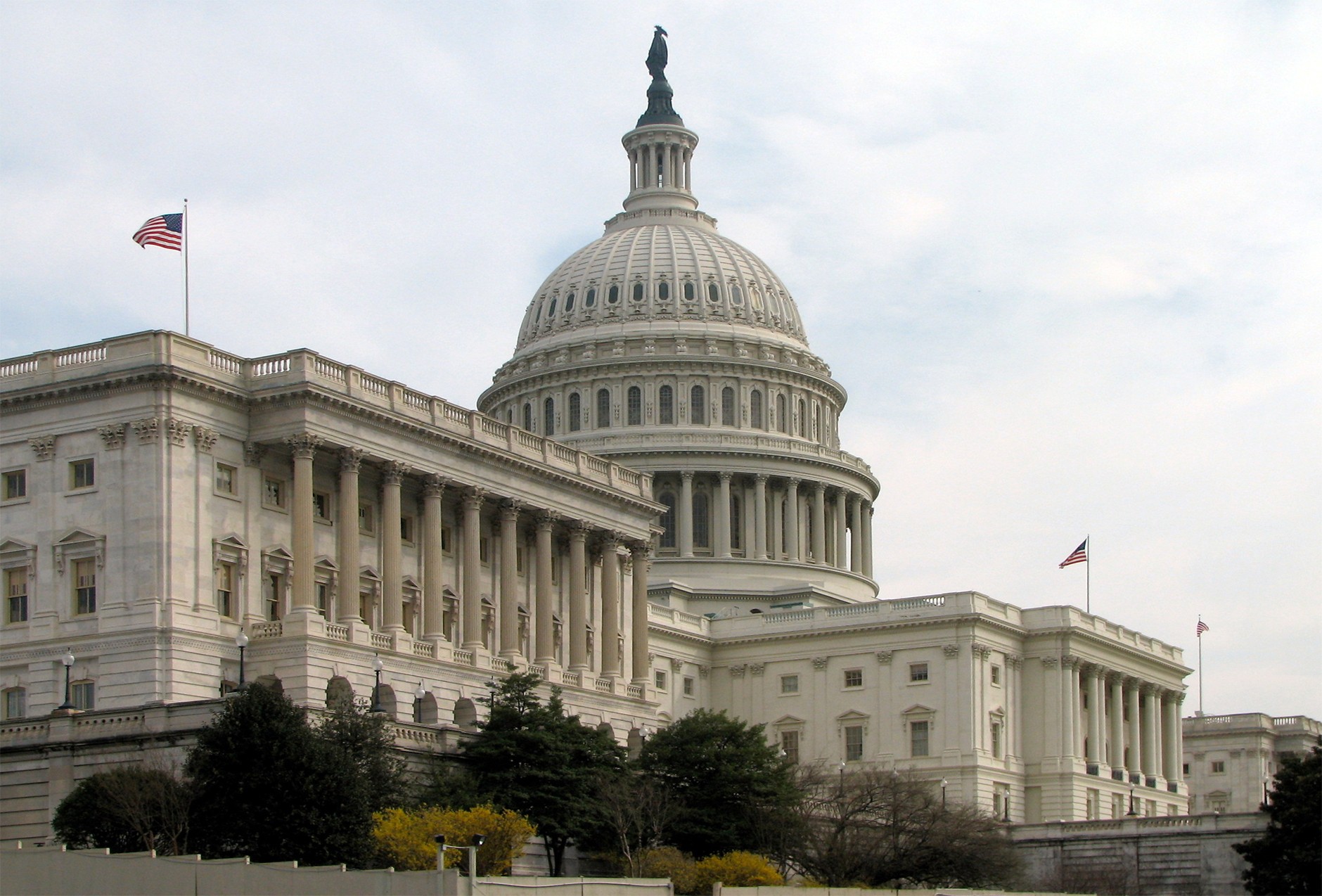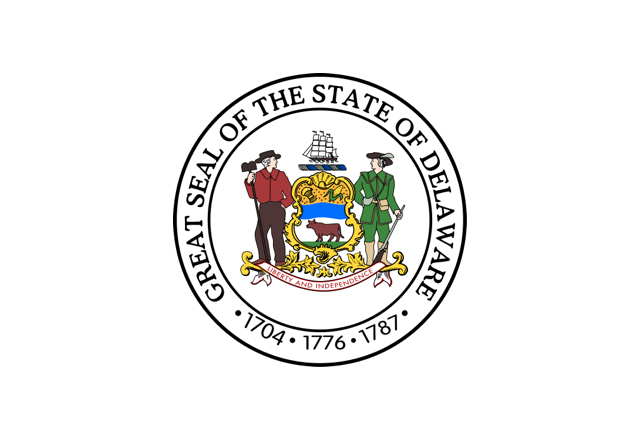Twice in the last five days, I’ve written about efforts from powerful lawmakers on both sides of the political spectrum announcing bills that seek to increase the minimum age to purchase tobacco from 18 to 21. And while I’ve said this on video, twice this week, it’s worth putting into words: Congress will increase the age to purchase tobacco from 18 to 21. It’s just a matter of when and, more importantly, what else comes with it.
In the interest of full disclosure: I think you should be able to smoke, drink, gamble and do just about anything else that is legal at 18. For those wondering, 21 was chosen not because of any sort of medical argument about the effects of alcohol, tobacco, gambling or otherwise on a 21-year-old versus 18, rather it’s an age steeped in six centuries of British tradition that was adopted by America. There’s at least some that argue that 21 was chosen because that was the age at which men were believed to be capable of wearing armor and using heavy weapons in Britain in the 1500s.
HOW WE GOT HERE
Up until 2016, there wasn’t a minimum age to purchase tobacco into the U.S. When the U.S. Food & Drug Administration’s (FDA) deeming regulations went into effect, it established 18 as the limit. Unlike federal drinking age legislation, this wasn’t brought about because there were states that actually allowed those under the age of 18 to purchase cigarettes, rather, it seems FDA wanted to have unified rules regarding the requirements for identification so it made sense to establish a floor for actual tobacco buying, plus, it looked nice in a press release.
Somewhat related, there actually isn’t a federal drinking age. Rather, there’s a bill that passed Congress that limits the amount of federal highway money a state can receive if it has a drinking age below 21. All states currently adhere to the law, though Louisiana has considered lower the drinking age recently.
In mid-2013, we made a decision to begin covering legislation on a much different basis. Prior to that we basically covered large federal or state news and legislation in some larger cities. Since that decision was made, we’ve published over 2,000 articles on tobacco-related legislation. One of the first things that became apparent to me once we made the change was the work of Dr. Lester Hartman and Dr. Jonathan Winickoff.
The two Massachusetts-based pediatricians had made a hobby, or mission, out of trying to increase the minimum age to purchase tobacco from 18 to 21 within the state. When it seemed unlikely that statewide legislation would pass, they began to go by city by city, ultimately getting over 100 municipalities in the state to increase the minimum age before the state made the change late last year. While Massachusetts might have been the six, of now 12 states to increase the minimum tobacco purchasing age to 21, Hartman and Winickoff’s efforts were—even if you disagree with what they were trying to do—impressive.
SO WHY NOW
Juul.
While the concerns about kids using tobacco have never fully gone away, it certainly seemed to be less and less a concern. Then came vaping, which was, and still sometimes is marketed as a product that can be used to get people to stop using cigarettes. Juul was born out of Pax Labs, a Silicon Valley-based company that is good at a lot of things, but particularly making products that look and feel more like something from Apple versus a no-name company in China. Pax makes vaporizers, which can be used for marijuana and tobacco, whereas Juul—which launched a few years later—is an e-cigarette that uses proprietary pods to refill.
The device is small, cheap ($20) and the claims about slick advertising and flavors are true, Juul has both. Within a year or so after its launch, I began to see more and more stories about kids, particularly high-schoolers, using Juuls—and to a lesser degree other e-cigarettes—at high schools. By 2017, those articles were showing up daily and by early 2018, it was a story receiving attention from national news outlets seemingly multiples per week.
At the same time, Juul was getting positive attention on the financial side. Ultimately, Altria—the second-largest tobacco company in the world and the one behind Marlboro—purchased 35 percent of Juul for $12.8 billion. For some context, Juul is worth more than the entire cigar industry multiples over.
Juul responded to the underage use claims by opting to pull its flavored pods from physical stores, choosing instead to only sell them directly online where it can use e-verify, while Altria—which was now facing increased claims about underage tobacco use—came out in favor of increasing the minimum age to purchase tobacco from 18 to 21.
And at that point, 21 as the minimum age to purchase tobacco became a question of when not if.
Altria is the definition of big tobacco and no matter how many other cigarette companies wanted to oppose the increase—to my knowledge none have publicly stated opposition—it wouldn’t matter. Altria on the side of anti-tobacco groups would be far too powerful of a collective lobby to overcome.
SO WHEN WILL IT HAPPEN
That’s not clear. Yesterday, Senate Majority Leader Mitch McConnell announced that he would introduce a tobacco 21 bill next month and I suspect that once that happens, we’ll get a much better sense. If a bunch of senators quickly announce their co-sponsorship of the bill, it very well could happen this year. But, there’s also that scenario that McConnell was just looking for some easy press and he could introduce a bill, not really push it and nothing could happen now.
However, his bill would likely represent a rare instance of bipartisanship—and once again, there’s a lot of lobbying money that is now in favor of and probably not much in opposition.
THE IMPORTANT PART: WHAT ELSE
McConnell’s announcement is the third new piece of legislation this month that would increase the minimum age to purchase tobacco. He also represents the most powerful politician to announce support for such legislation, and realistically, he was probably the movement’s largest roadblock on a federal level. The text of his bill hasn’t been released, but he did state that it would include an exemption for those serving in the military to continue to purchase tobacco at 18. If I had to guess, his bill will look similar to Rep. Robert Aderholt, R-Ala. bill, H.R. 2084, which basically just replaces the number 18 with 21.
The problem becomes if it, or a bill that passes, looks like another piece of legislation, the Reversing the Youth Tobacco Epidemic Act of 2019. That bill seeks to not only increase the minimum age to purchase tobacco but would also ban flavored tobacco, the sale of tobacco products online, introduce new advertising requirements and increase the user fees paid by tobacco products. The inclusions of the ban on flavored tobacco and online sales would be devastating to the premium cigar industry, even if you don’t think flavored cigars are premium.
The most important thing now is not fighting for the rights of 19-year-olds to buy tobacco, that’s almost certainly a lost cause, rather, it’s making sure that whatever bill gets passed deals only with increasing the minimum age to purchase tobacco. One could get caught up in the philosophical discussion about the rights of those 18-20 or instead focus on the very tangible numbers of dollars, jobs and companies that would be lost in a world without internet sales and flavored cigars.




